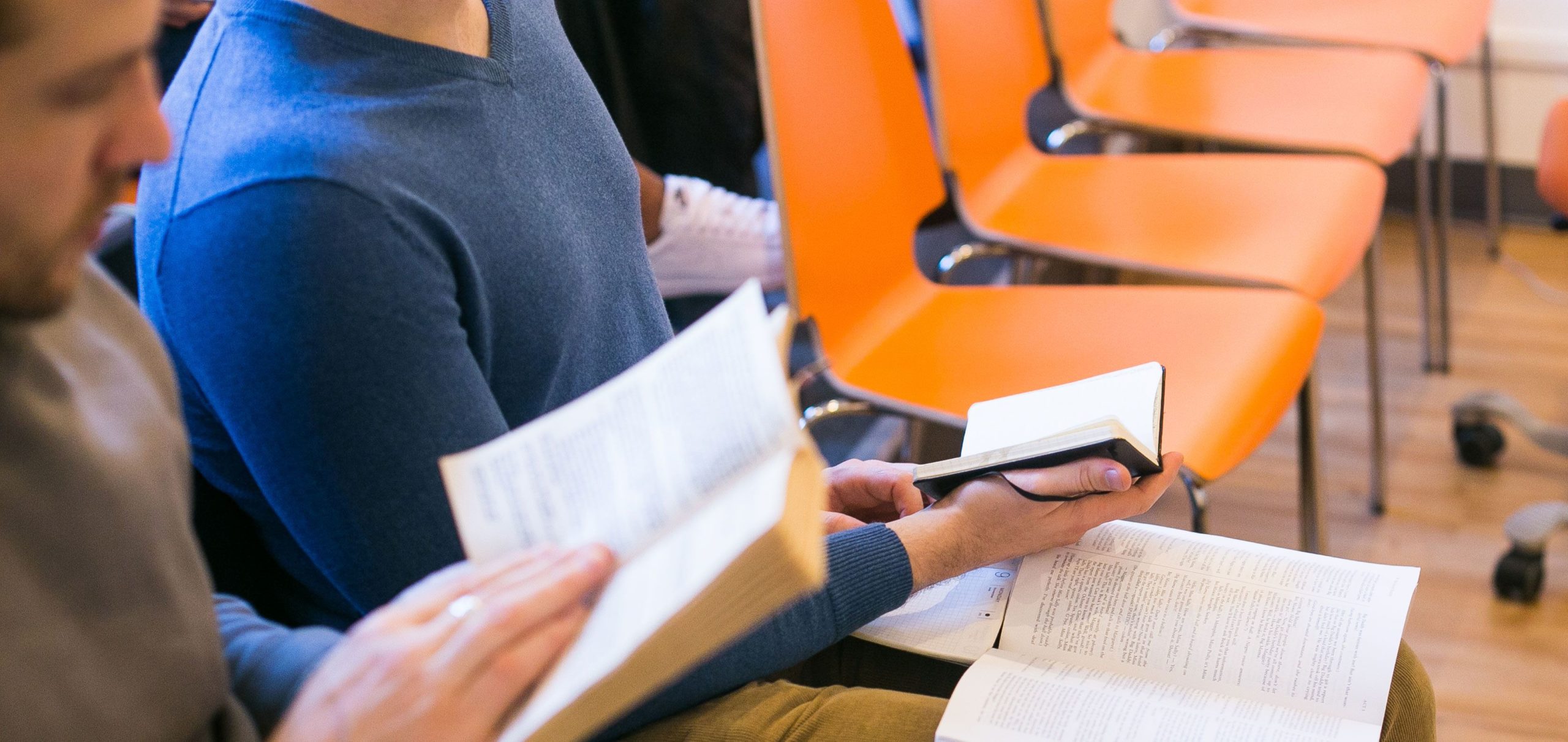
Books Every Actor Needs to Read
Contributed with intelligence by staff writer Russell Sperberg
Class work is vital for artists; however, supplementing that work with reading books can be monumentally helpful in the development and focus of your craft, in this case acting.
It’s important to constantly be learning. At TK Studio, we get questions all the time about what we should be reading. Here is a list of Terry Knickerbocker’s recommendations to get started on the wonderful world of non-fiction books every actor needs to read in order to help you get to work.
Letters to a Young Poet – Rainer Maria Rilke
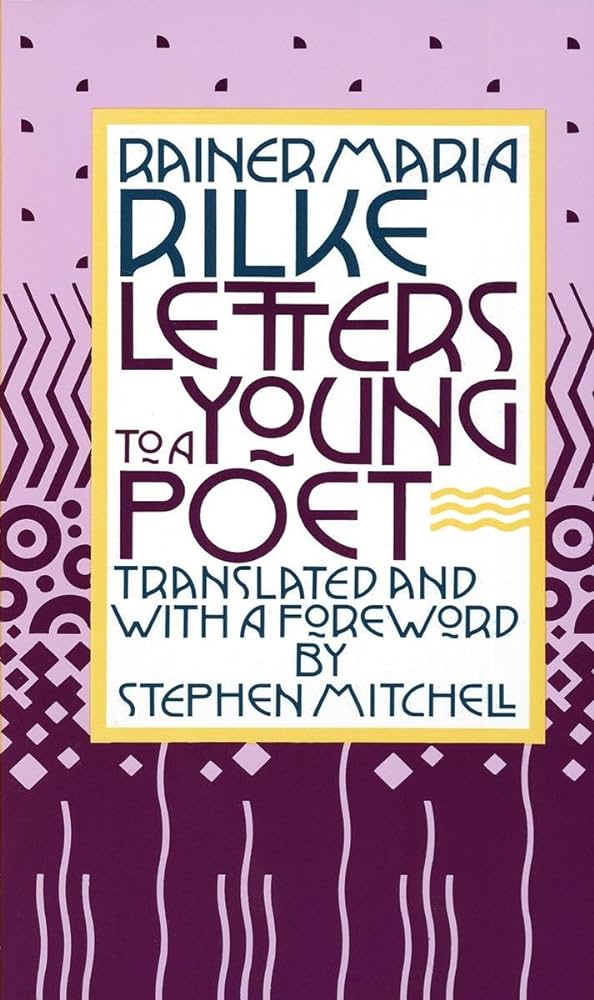
What starts as a response to fan mail turns into some of the best darn artistic advice you’ll ever get. Rilke’s responses to an aspiring poet are stupidly stunning and quite simply beautiful. What is the most important thing to have as an artist, according to Rilke? Patience. Take your time to live truthfully as an artist and a human being. Finding your own artistic voice takes time. You have to be patient and let it ripen.
Letters to a Young Artist – Anna Deavere Smith
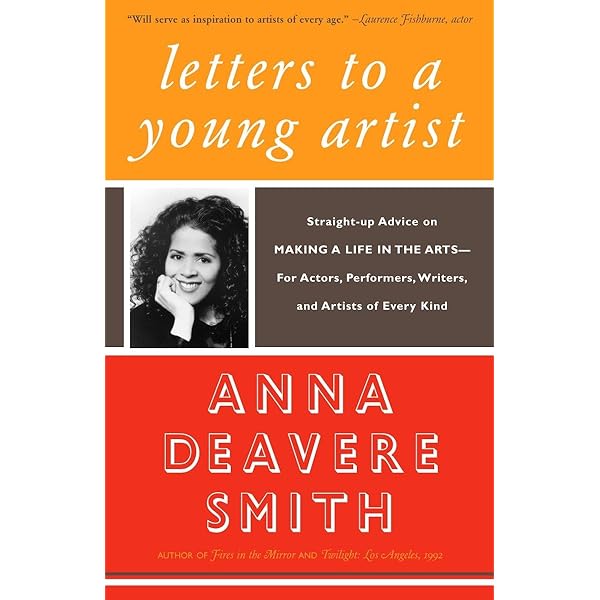
An inspiring and no-nonsense guide for aspiring artists of all stripes—from “the most exciting individual in American theater” (Newsweek).
In vividly anecdotal letters to the young BZ, Anna Deavere Smith addresses the full spectrum of issues that all artists starting out will face: from questions of confidence, discipline, and self-esteem, to fame, failure, and fear, to staying healthy, presenting yourself effectively, building a diverse social and professional network, and using your art to promote social change. At once inspiring and no-nonsense, Letters to a Young Artist will challenge you, motivate you, and set you on a course to pursue your art without compromise.
The Drama of the Gifted Child – Alice Miller
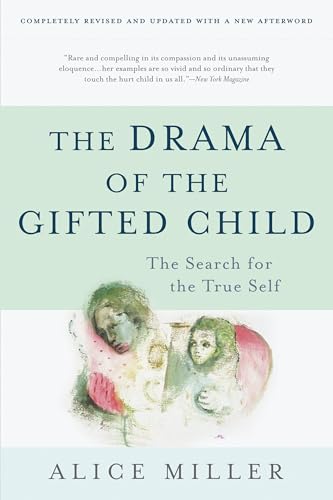
Far too many of us had to learn as children to hide our own feelings, needs, and memories skillfully in order to meet our parents’ expectations and win their “love.” Alice Miller writes, “When I used the word ‘gifted’ in the title, I had in mind neither children who receive high grades in school nor children talented in a special way. I simply meant all of us who have survived an abusive childhood thanks to an ability to adapt even to unspeakable cruelty by becoming numb…. Without this ‘gift’ offered us by nature, we would not have survived.” But merely surviving is not enough. The Drama of the Gifted Child helps us to reclaim our life by discovering our own crucial needs and our own truth.
Atlas of the Heart – Brené Brown
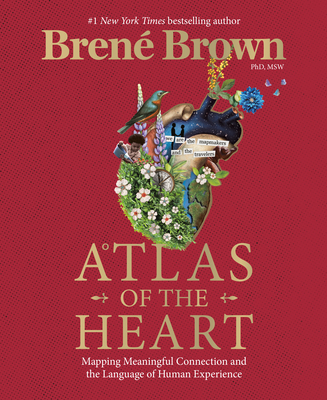
In Atlas of the Heart, Brown takes us on a journey through all of the emotions and experiences that define what it means to be human. As she maps the necessary skills and an actionable framework for meaningful connection, she gives us the language and tools to access a universe of new choices and second chances—a universe where we can share and steward the stories of our bravest and most heartbreaking moments with one another in a way that builds connection.
The Prophet – Kahlil Gibran
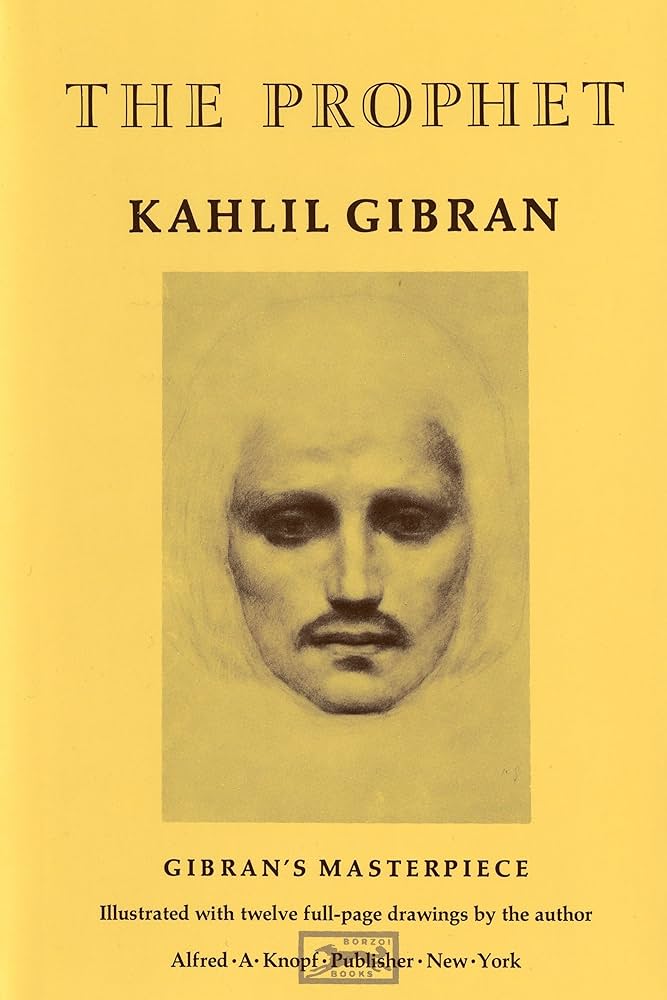
This book has somehow only increased in popularity since it was published in 1923. And there’s a reason for that. The story follows Almustafa, a prophet talking with his fellow man about the human condition. The book handily divides its prose poems into all kinds of sections. Going through a bad breakup? Read the section on love. Tough time at the job? Look at the “Work” chapter. Come back to The Prophet again and again, whenever you need it in your life to help with challenges or inspiration, both personal and professional.
The Artist’s Way – Julia Cameron
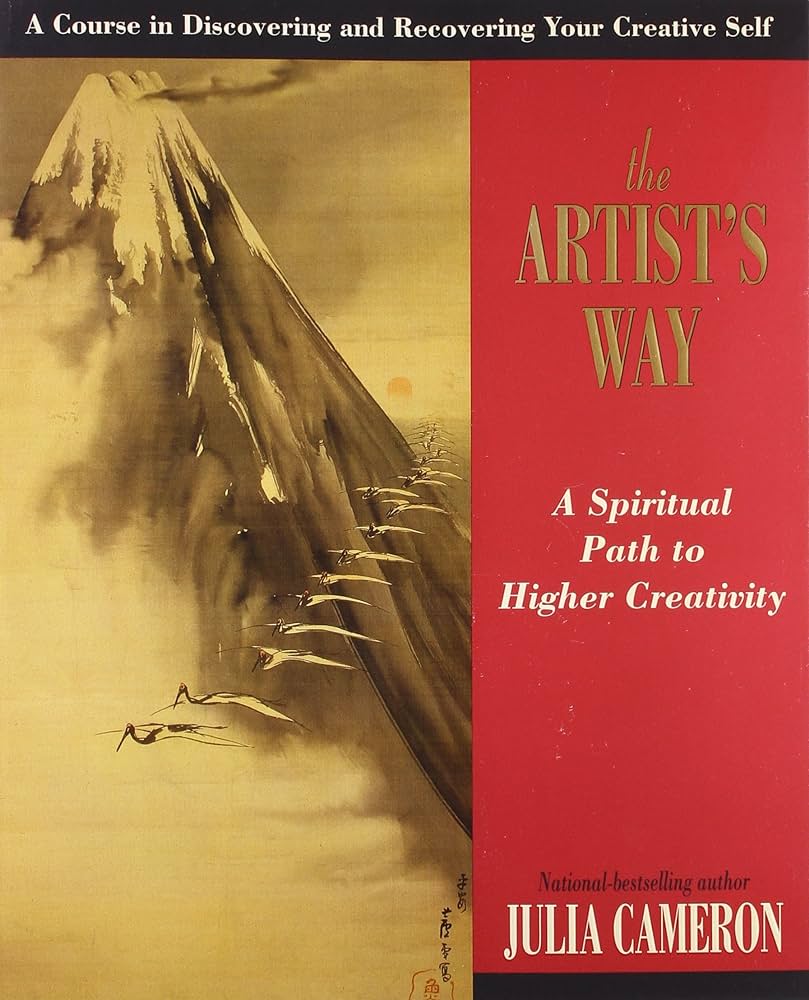
The dozens of people sitting across from you on the subway holding this book can’t be wrong. Many have turned to Cameron’s book to overcome internal blocks and make creativity a habit. With Cameron’s guidance and tips, you gain self-confidence and learn skills to unleash your creative spirit. Most importantly, she tells you that you can’t find inspiration in yourself; just like in acting, you have to connect to something greater than yourself (God, nature, dealer’s choice, your partner). Learning to connect is the key to creativity. Sounds kind of like acting class right?
Zen in the Art of Archery – Eugen Herrigel
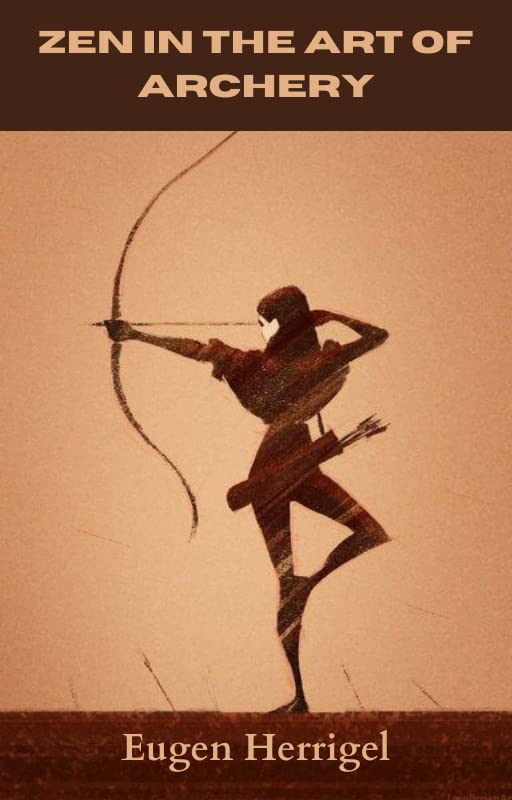
Millions of books have riffed on this title but few have replicated its insightful account of Zen Buddhism, a term this book popularized. Herrigel struggled studying Japanese archery for years before realizing he himself was his greatest obstacle. When he learned to clear his mind of effort (to aim by deliberately not aiming), his body knew what to do. This combination of technique and unconscious action is incredibly freeing and an especially important practice for actors. It’ll help you see the spiritual beauty in everything, including…motorcycle repair.
The War of Art – Steven Pressfield
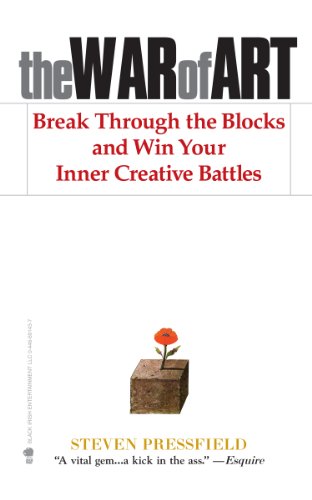
Pressfield doesn’t only riff on Sun-Tzu’s famous book’s style – he basically creates a “battle plan” for making art. With tactical precision, he outlines a plan for how to overcome resistance in any kind of project. The War of Art emphasizes persistence, courage, planning, and tough love. There’s no “greater being” to connect to here: just your wits and abilities. This is a straightforward book useful for everyone from artists and athletes, to businessmen and parents.
The Creative Habit – Twyla Tharp
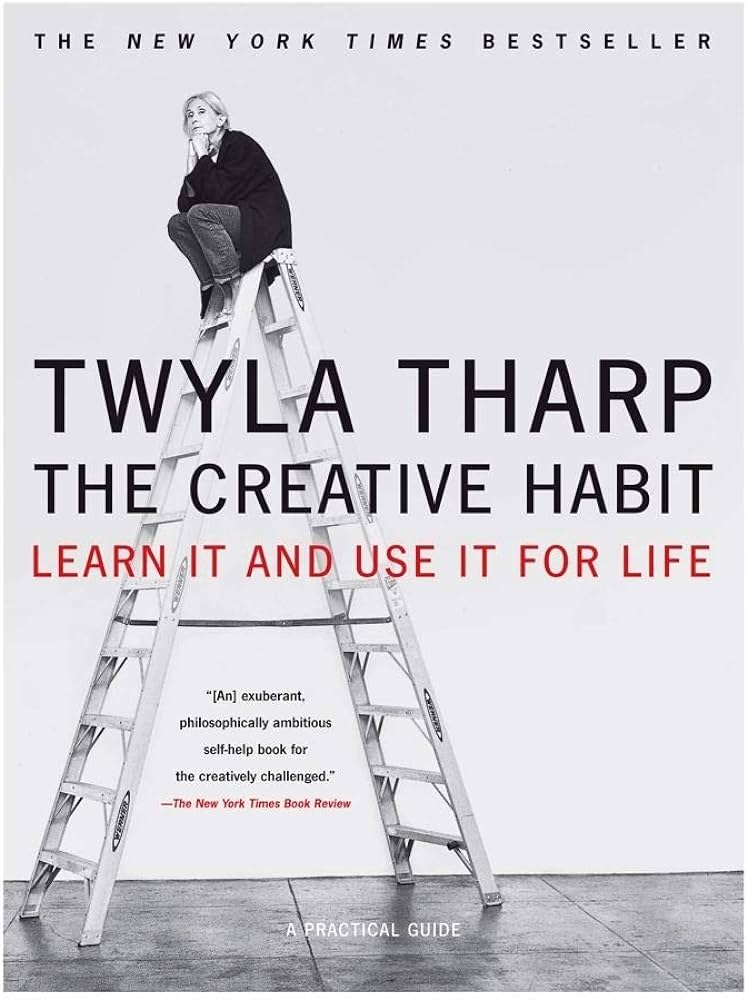
Tharp has spent forty years bringing pop sensibilities to ballet. Her ballet Deuce Coupe, set to the music of the Beach Boys (??!!) was the first crossover ballet. Needless to say, she knows about innovation. In The Creative Habit, she provides practical exercises for changing the way you think about creativity. As you follow the steps and begin to open your mind to the possibilities, creativity is no longer a mysterious force – it’s an everyday habit.
Catching The Big Fish – David Lynch
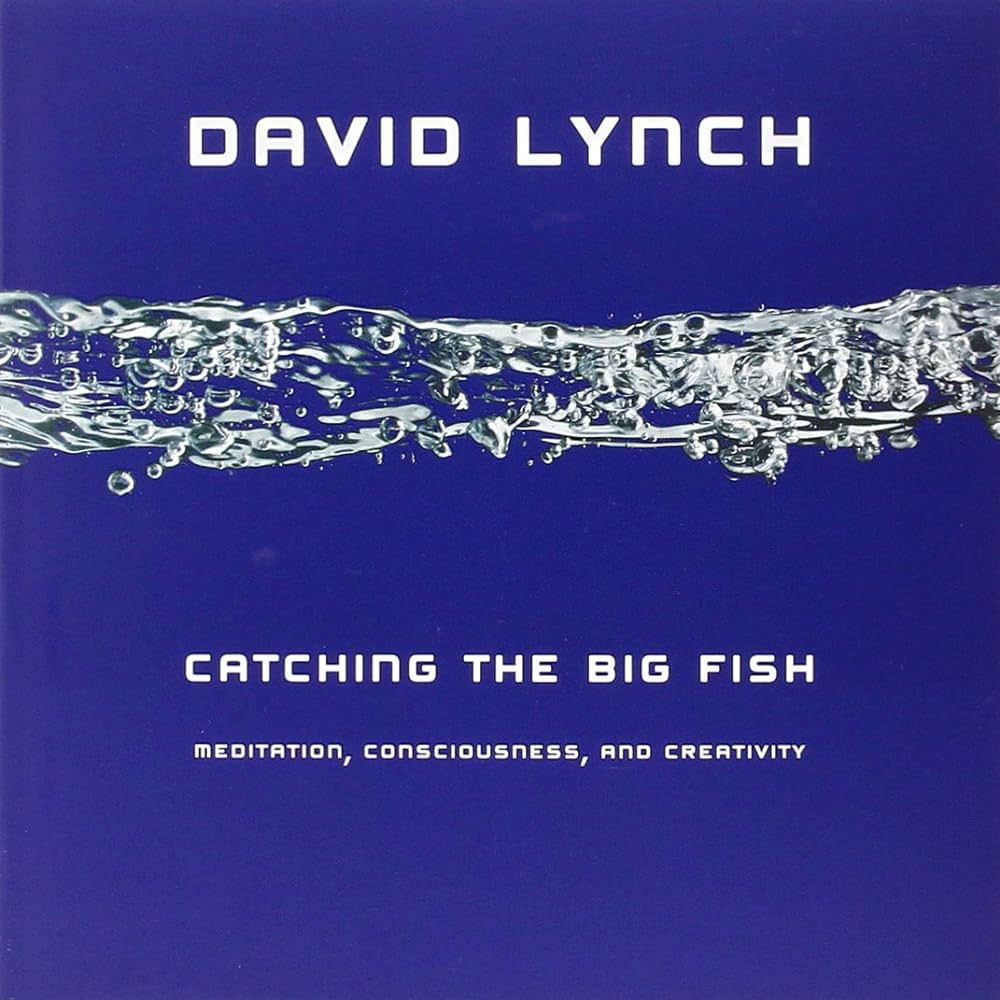
No, Lynch is not a master angler (or maybe he is – honestly, would you be surprised?) The titular fish are actually artistic ideas. According to Lynch, the key to diving deep and harnessing these ideas is Transcendental Meditation. Meditation unleashes the imagination and connects people with a greater consciousness. Not only will you get the rare behind-the-scenes tale from the crazy Eraserhead guy, you also get this invaluable piece of advice: You don’t have to torture yourself to make good art.
Bird By Bird – Anne Lamott
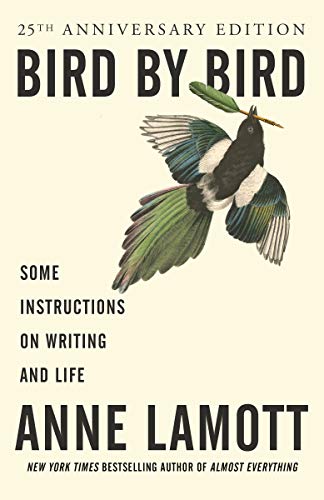
Lamott’s “how-to” guide tries to demystify the act of writing. Where others (David Lynch, see above) may propose a meditative / quasi-mystical solution, Lamott says, “Screw that, do the work.” The joy of writing, or any art really, is not the parties or contracts. It’s the doing. Setting a schedule, solving problems, making something – that is the real work of the artist. Whatever comes after, Lamott argues, is incidental. Being an artist means being committed to the process itself.